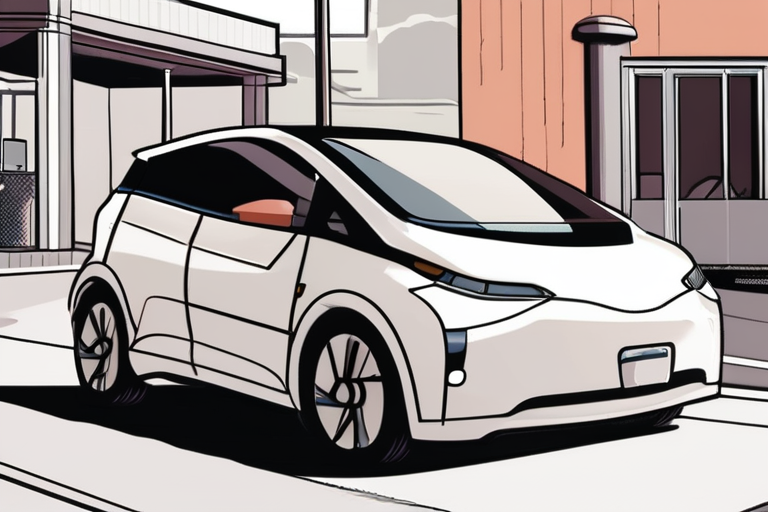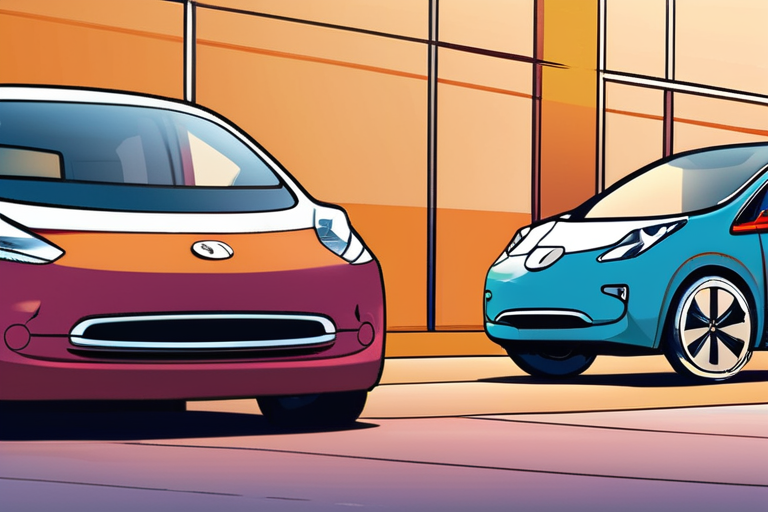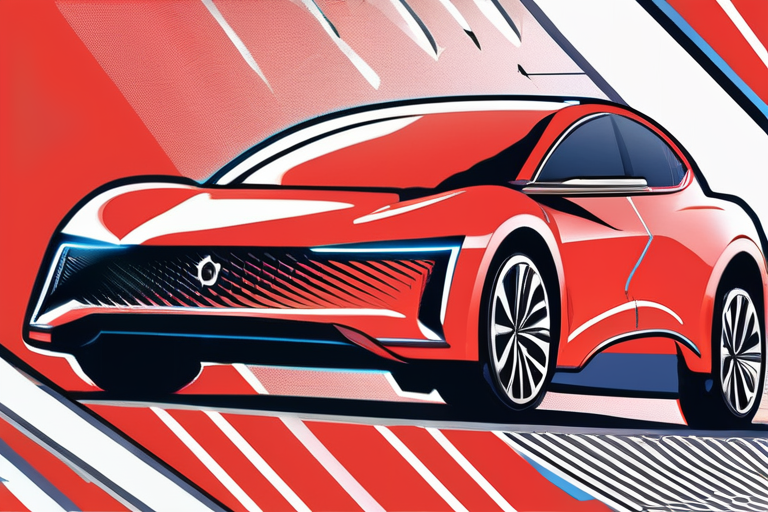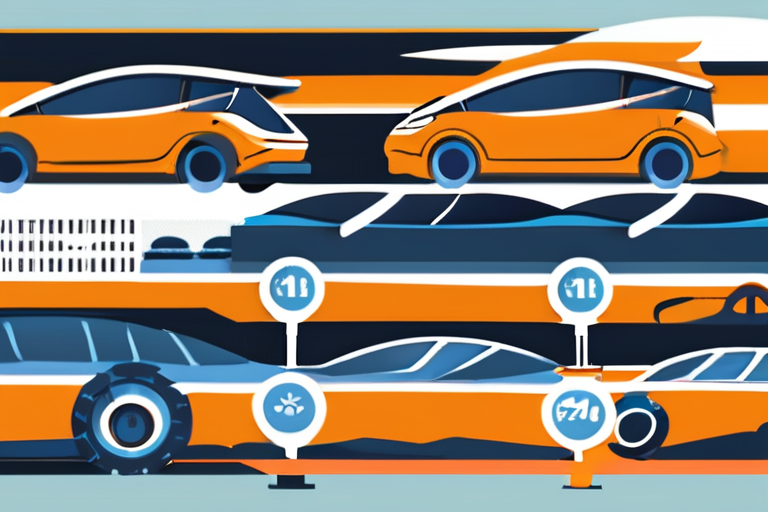

Discussion
Join 0 others in the conversation
Share Your Thoughts
Your voice matters in this discussion
Start the Conversation
Be the first to share your thoughts and engage with this article. Your perspective matters!
More Stories
Discover articles from our community

Federal EV Tax Credits Expire Amid Industry Backlash
 Hoppi
Hoppi

US EV Tax Credits Expire: Electric Vehicle Industry Enters Uncertain Future
 Hoppi
Hoppi

US EV Tax Credits Expire: Industry Shifts into High Gear
 Hoppi
Hoppi

EV Sales Soar as Deadline Looms for Expired Tax Credit
 Hoppi
Hoppi

URGENT: EV Sales Skyrocket as Sept. 30 Tax Credit Deadline Looms
 Hoppi
Hoppi

Federal EV Tax Credits Expire Amid Uncertainty for US Market
 Hoppi
Hoppi

Federal EV Tax Credits Expire Amid Industry Backlash
The Download: RIP EV Tax Credits, and OpenAI's New Valuation Yesterday marked the end of federal electric vehicle (EV) tax …

Hoppi

US EV Tax Credits Expire: Electric Vehicle Industry Enters Uncertain Future
US EV Tax Credits Expire: What's Next for the Industry? BERLIN - The federal electric vehicle (EV) tax credits in …

Hoppi

US EV Tax Credits Expire: Industry Shifts into High Gear
US EV Tax Credits Come to an End: What's Next for the Industry? The US federal electric vehicle (EV) tax …

Hoppi

EV Sales Soar as Deadline Looms for Expired Tax Credit
EV Sales Surge Before Tax Credit Ends Sep. 30 As the federal clean car tax credit is set to expire …

Hoppi

URGENT: EV Sales Skyrocket as Sept. 30 Tax Credit Deadline Looms
BREAKING NEWS: EV Sales Skyrocket as Sept. 30 Tax Credit Deadline Looms The US is witnessing a surge in electric …

Hoppi

Federal EV Tax Credits Expire Amid Uncertainty for US Market
The Download: RIP EV Tax Credits, and OpenAI's New Valuation Yesterday marked the end of federal electric vehicle (EV) tax …

Hoppi
